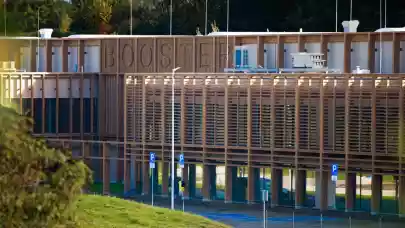
The topic of Property Forum’s second online panel was the impact of the coronavirus lockdown on real estate financing in CEE. After the economic outlook of Commerzbank’s Senior EM Strategist, Tatha Ghose, four expert bankers discussed the short and long-term effects of the pandemic, such as how the lockdown affects ongoing deals, what kind of recession are we looking at and how the perception of individual asset classes may change in light of the current events. According to the experts, the recovery is expected to take longer in Hungary and Poland, while the rebound may come sooner in the Czech Republic and Slovakia.
Capital inflows into emerging markets have fallen sharply since March, while indebtedness has risen in an unprecedented way for the first time since 2008. The forint, the zloty and the koruna have depreciated significantly compared to the euro and the US dollar. However, this may be temporary and regional currencies will strengthen in the second half of the year and 2021, Tatha Ghose explained in his opening speech.
According to Walter Hampel, MD, Head of Real Estate Finance International Clients & CEE at Deutsche Pfandbriefbank AG, one of the biggest differences between the current crisis and the one in 2008 is that the central banks and governments are now intervening faster. The next year will still be a difficult period and we cannot expect a V-shaped rebound, but no L-shaped recession is expected either. Governments often overreact the situation while the political coordination is not sufficient which will also affect investment markets in the coming years.
As countries are now better prepared, post-crisis recovery is also expected to come faster. However, the different moratorium measures taken by governments will affect investors' decisions as well as the speed of recovery differently, added Hannes Wimmer, Executive Director, Loan Syndication of Erste Group Bank AG.
In Romania, many guest workers have come home without a job, so the epidemic will certainly have a strong impact on the Romanian economy. It is positive that the developments we have financed have not stopped, but according to the government's decision, companies can postpone loan repayments, explained Romulus Andrei, Director at Banca Transilvania.
As low interest rates will persist in the long run, real estate investing will continue to be popular. Yet, each asset class will be affected differently by the epidemic. As for financing, existing customers are now getting more attention than new ones. Thus, in the current environment, some transactions may slow down, added Péter Számely MRICS, Head of Real Estate Finance CEE at HYPO NOE.



